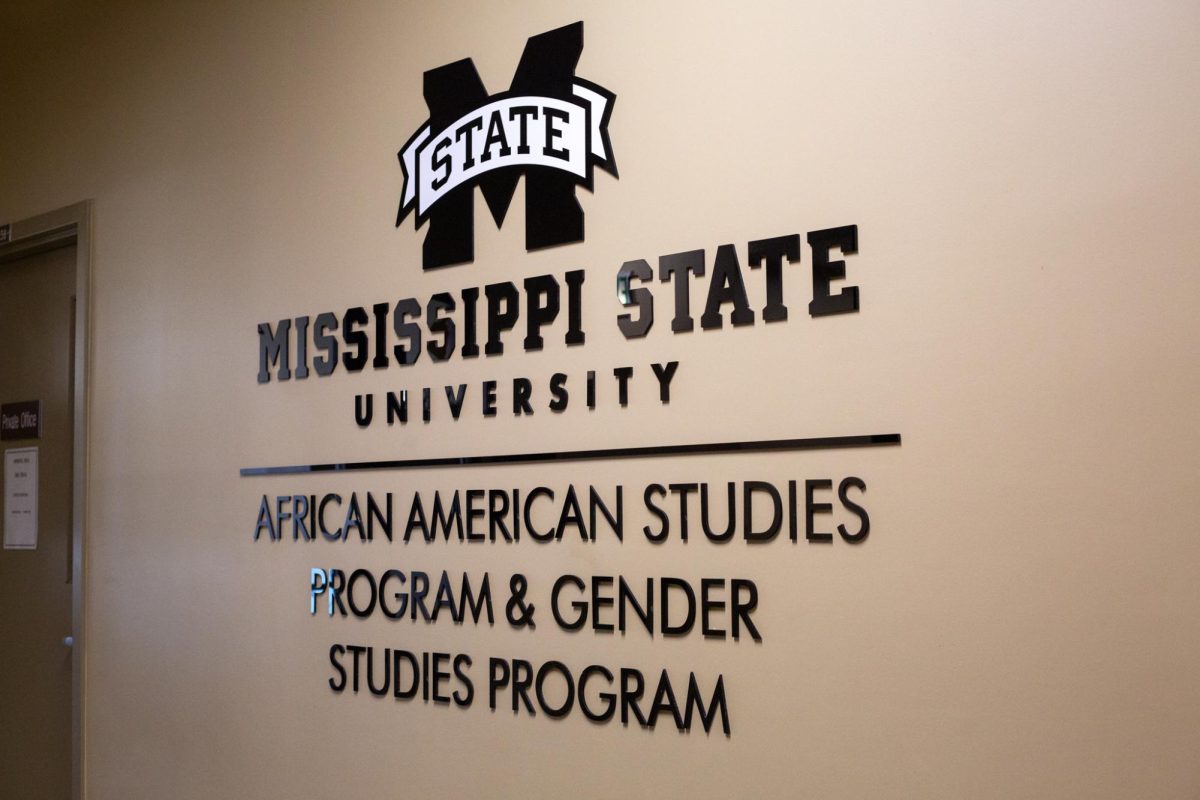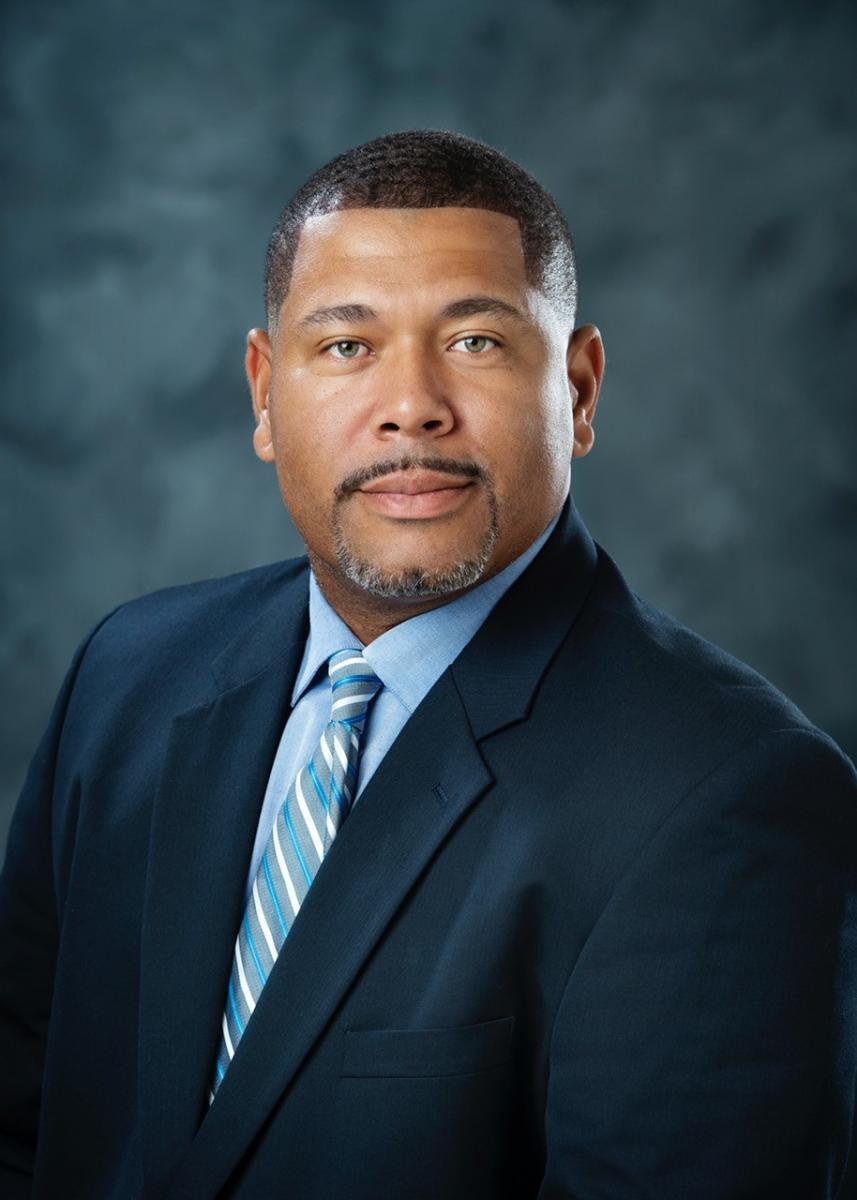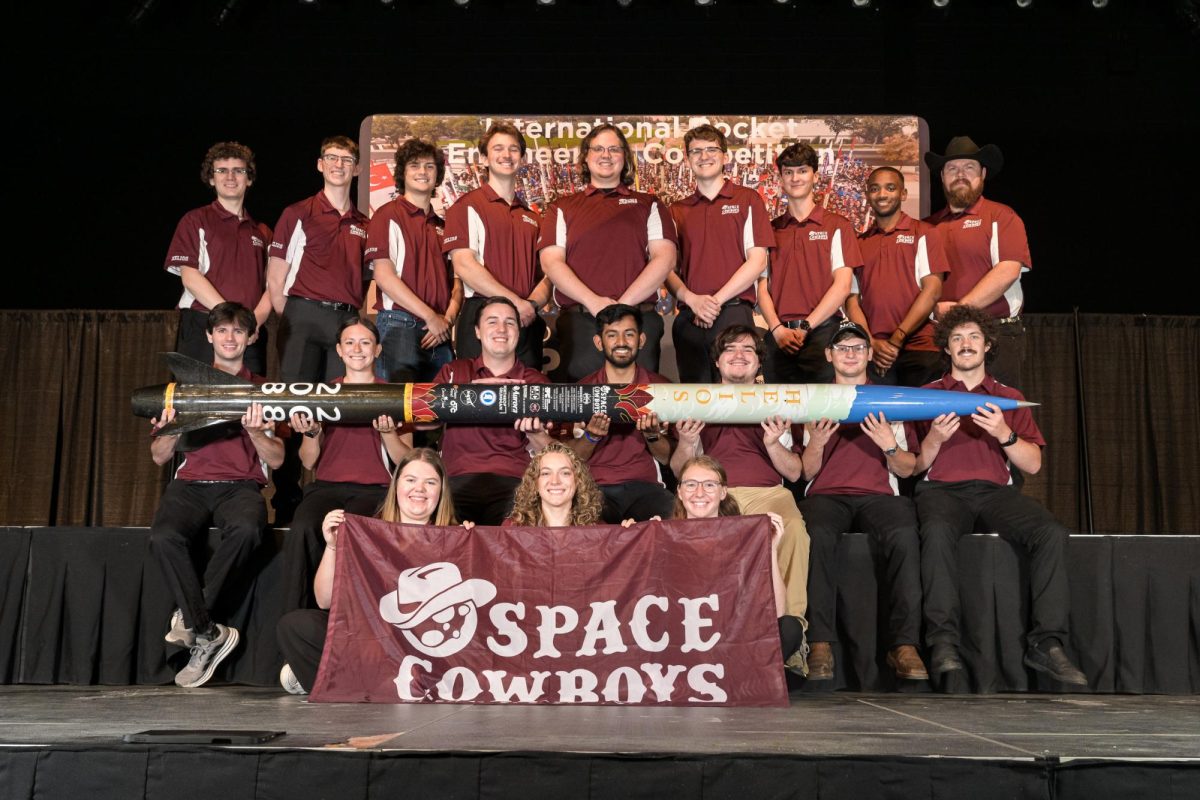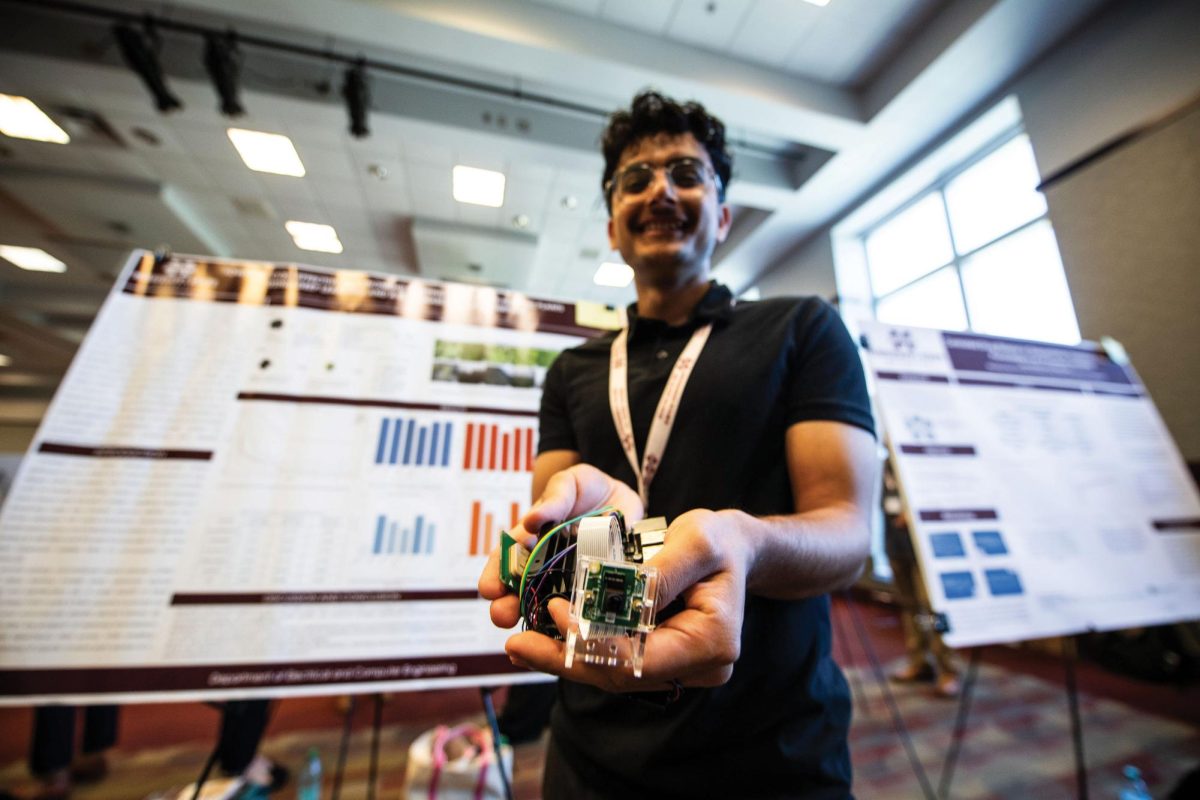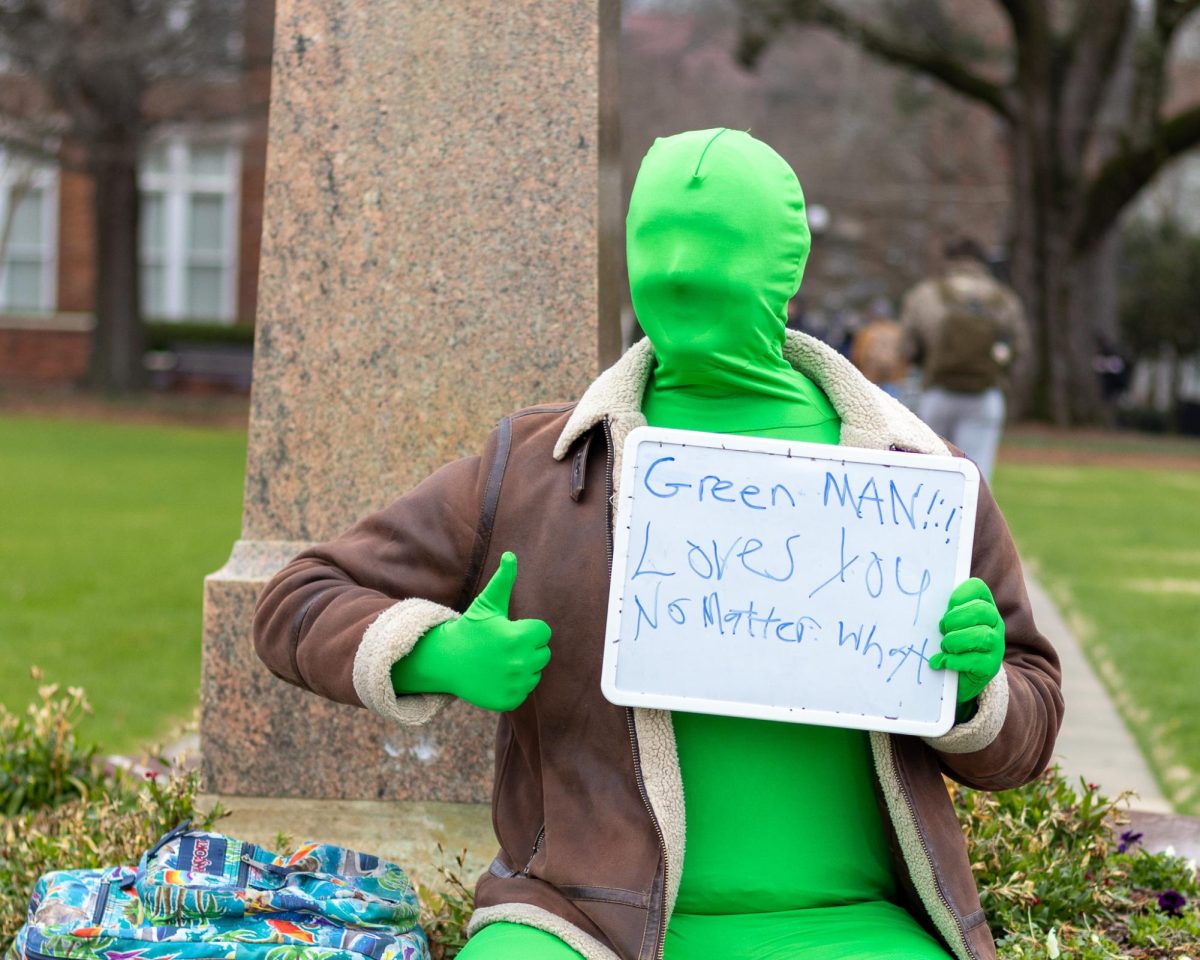Everyone views their life experiences as holding different levels of significance. They can paint the picture of your life in its entirety, they can illustrate your situation, or they can simply add another filter to the many that already exist within your story. For many, the question of life experience and significance yields different responses.
For Mississippi State University faculty members in the African American Studies Program, experience is a lens through which a glimpse is given to the often-invisible world of Black community members.
Margaret Hagerman, an associate professor in MSU’s Department of Sociology, researches the ways in which we can combat racism as a construct.
“In order to challenge racism, I think one thing we need to do is understand how it works and how it persists,” Hagerman said.
Hagerman and 13 other faculty members at MSU spend their time researching how the African American experience is shaped through numerous means. Hagerman’s upcoming book, “Children of a Troubled Time: Growing Up with Racism in Trump’s America,” explores racism as an “American project regardless of region.”
While Hagerman’s work focuses on socially engrained systems of inequality, others, like AAS graduate assistant Bria Young, study how interpretations of utopian thought can shape society’s understanding of the future. Young works on programing, advising and teaching the variety of students who find themselves in the department.
“AAS, through its service to the community, both MSU and Starkville, empowers its Black citizenry, specifically, to critically analyze our current events and events of the past,” Young said. “[The program] also participates in an overall community that is made up of several generations which include the alumni from Mississippi State University’s desegregation era.”
In doing so, the department bridges the gap between MSU and the larger community in a racially conscious manner.
Other members of the program, like director of African American Studies Donald Shaffer, focus on early 19th and 20th century African American literature, especially work during the Harlem Renaissance.
Shaffer’s forthcoming book “Though There Be Giants in the Land” explores Black migration fiction and the African American lived experience. As director of AAS, Shaffer leads the program to a new era of prosperity and research studies.
“African American Studies is an interdisciplinary field of study that examines African American culture and history through the critical lenses of the humanities and the social sciences,” Shaffer said.
Though the task of researching Black culture may be difficult at times, Shaffer and others optimistically note the benefits of studying these issues in a state where racial history runs so deep.
“There are challenges to pursuing research in African American history and culture regardless of where one does it,” Shaffer said. “In spite of those challenges, there are real advantages to pursuing this research in a state like Mississippi because it is the birthplace of Black vernacular culture.”
There is a unique advantage to studying the African American cultural diaspora in Mississippi as opposed to other locations as well. Young, for instance, is on the outside looking in.
“I am not from Mississippi, so I find it all interesting and nuanced. The perspective is quite different from New York where I am from,” Young said.
For Hagerman, location is not as important as the general message of her work.
“I have a new book coming out in May which includes interview research with kids in Mississippi and Massachusetts,” Hagerman said. “I find in this research that although the kids had some different reference points or things they generally knew about, region did not matter too much when it came to how kids experienced/expressed racism — I argue racism.”
Hagerman would go on to note that her research focuses on the broadness of race and racism regardless of region.
Shaffer, Young and Hagerman use their work to provide a door into the space between, where a better understanding of the all-too-often perceived “other” can be found.
“My work seeks to bring awareness about how racial learning works not only to academic circles, but also to schools, parents, communities and so on,” Hagerman said.
Shaffer added on to what the people of AAS work toward at MSU.
“The role of AAS in the University is to foster critical thinking about African American culture and history through research and teaching,” Shaffer said.
This mission is reflected in the program’s constant effort to bring the Black experience to the forefront and to increasingly bring unique perspectives to the academic world.
“In the recognition of that struggle is an opportunity to learn from the mistakes of the past and to inspire ourselves to bring about a lasting social change in our state,” Shaffer said.

